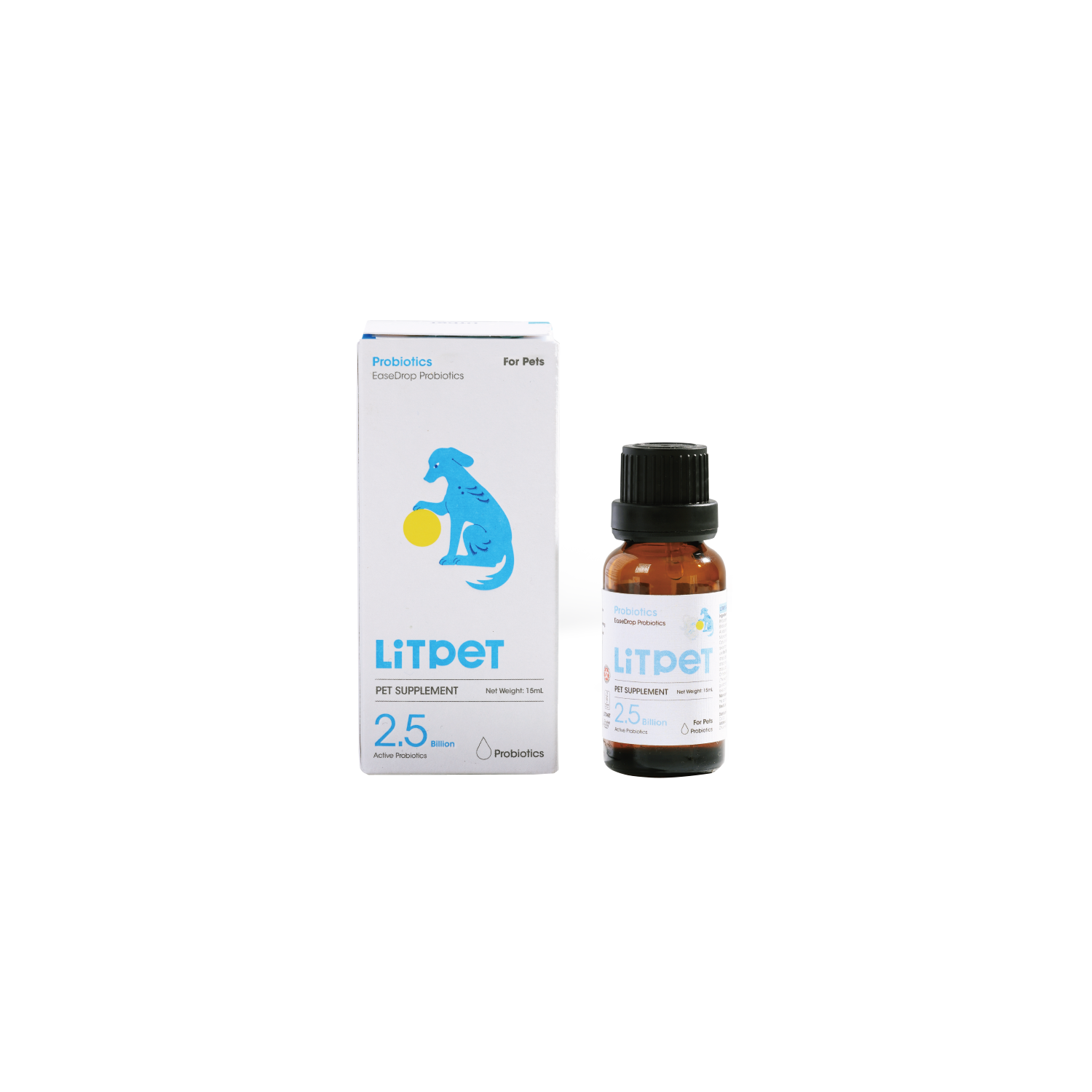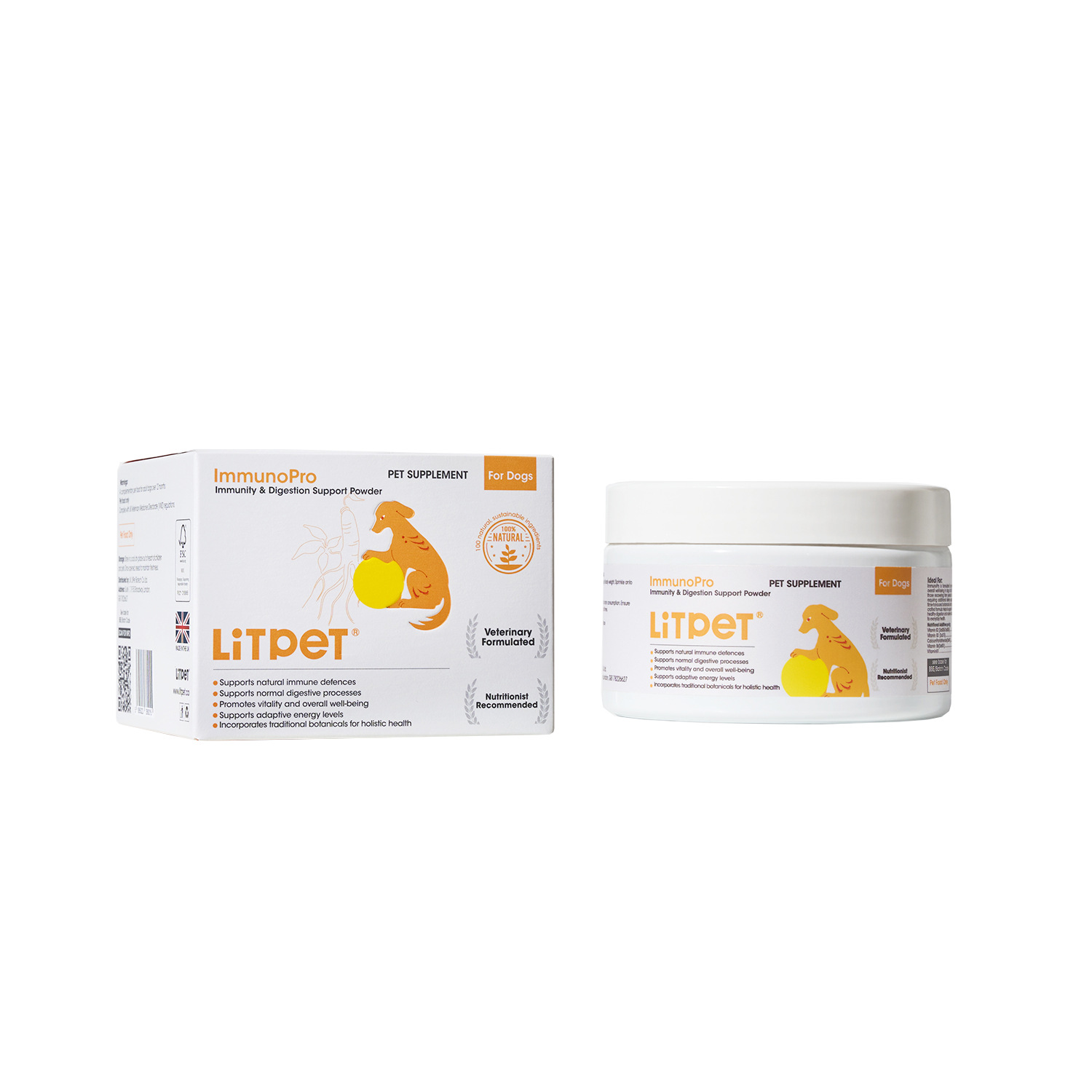A dog cough can be alarming, but it’s not always a reason to panic. Just like humans, dogs cough for many reasons - from mild irritations to infections such as kennel cough. Understanding the cause will help you choose the right care and treatment.
Why Do Dogs Cough?
Dogs cough as a natural reflex to clear their airways. Common causes include:
-
Kennel cough (canine infectious tracheobronchitis)
-
Respiratory infections (viral or bacterial)
-
Allergies to dust, pollen, or smoke
-
Heart disease
-
Irritation from collars, smoke, or household cleaners
-
Foreign objects stuck in the throat
If your dog’s cough is persistent or worsening, it’s best to seek veterinary advice.
Kennel Cough: The Most Common Cause
Kennel cough is a highly contagious respiratory illness in dogs, often compared to the human cold. It spreads in places with high dog-to-dog contact such as kennels, parks, or grooming salons.
Kennel Cough Symptoms
Watch for these kennel cough symptoms:
-
Dry, hacking dog cough (sounds like honking)
-
Gagging or retching
-
Nasal discharge
-
Mild fever
-
Lethargy
-
Loss of appetite
👉 If your dog has difficulty breathing, refuses food, or shows severe symptoms, contact your vet immediately.
Treatment Options
Treatment depends on the underlying cause:
| Situation | Treatment |
|---|---|
| Mild kennel cough | Rest, hydration, immune support, home care. |
| Severe infection | Vet-prescribed antibiotics, cough suppressants, or anti-inflammatory meds. |
| Allergies | Minimizing exposure to triggers; antihistamines may be prescribed. |
| Heart disease-related cough | Specialized veterinary care and heart health support. |
Most cases of kennel cough improve within 2–3 weeks with proper care.
Kennel Cough Treatment at Home
Mild kennel cough can often be treated at home with supportive care:
-
Steam therapy: Take your dog into a steamy bathroom for 10 minutes to ease airway irritation.
-
Humidifier: Adds moisture to the air and soothes the throat.
-
Nutrition & rest: Ensure a balanced diet and quiet recovery time.
-
Honey: A small amount (if approved by your vet) can coat and soothe the throat.
-
Avoid irritants: Keep your dog away from smoke, dust, and strong cleaning products.
Supplements for Immune & Respiratory Support
Helping your dog’s immune system recover is just as important as treating the symptoms. At LitPet, we offer safe and effective supplements from your catalog:

LitPet EaseDrop - Probiotics Drop (For Cats & Dogs)
Supports gut balance and overall immunity - useful alongside respiratory recovery.
Buy Now
LitPet ImmunoPro Immunity & Digestion Powder For Pets
Daily immune and digestive support to help your dog bounce back faster.
Buy Now
LitPet CardioPlus – Heart Health Support Capsules
Heart and circulation support, helpful where cough is linked to cardiac strain.
Buy NowThese supplements can be used alongside veterinary treatment to promote faster recovery and long-term wellness.
FAQs About Dog Cough
Yes, mild cases often resolve within 2–3 weeks, but supportive care speeds recovery.
Most dogs recover in about 14 days, but severe cases may take longer.
Very rarely. While Bordetella can affect humans, it’s uncommon, especially in healthy people.
Vaccination, good nutrition, and avoiding overcrowded dog facilities help reduce the risk.
Final Thoughts
A dog cough may be as simple as throat irritation or as serious as kennel cough or heart disease. By recognizing kennel cough symptoms, seeking timely treatment, and supporting recovery with safe at-home remedies and supplements, you can keep your furry friend healthy and comfortable.
💡 Tip: Prevention matters! Regular vet check-ups, vaccinations, and immune support supplements from LitPet can go a long way in protecting your pup.

